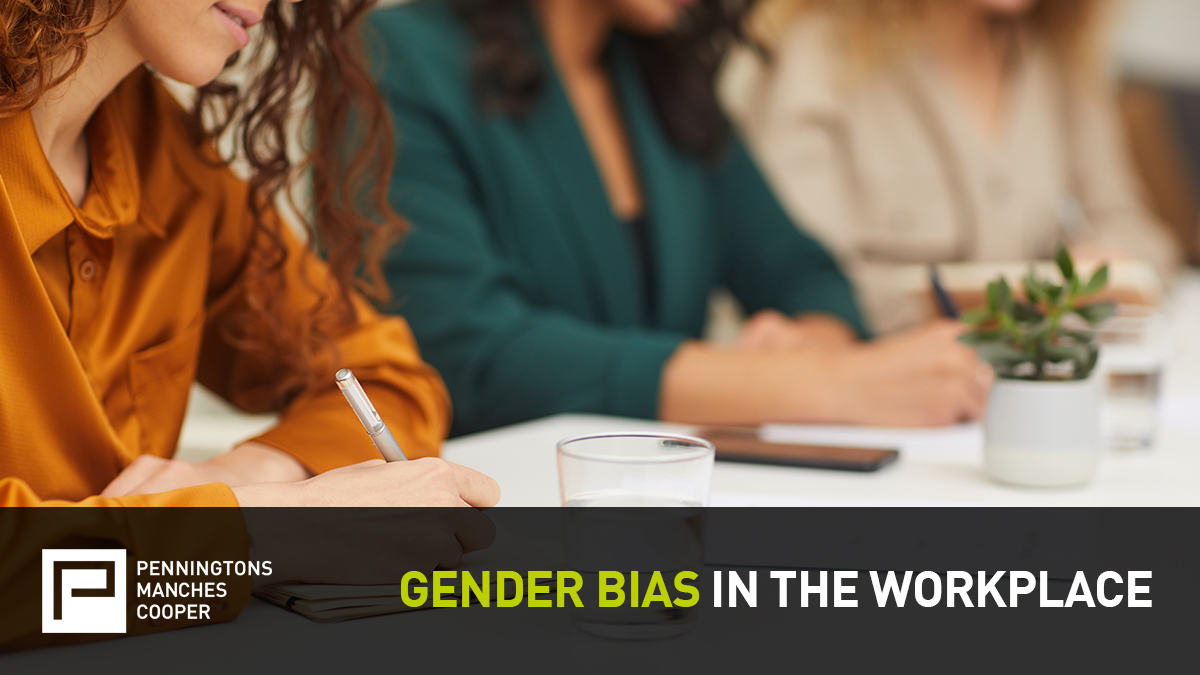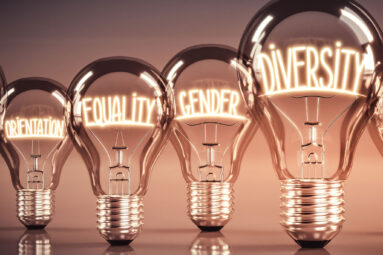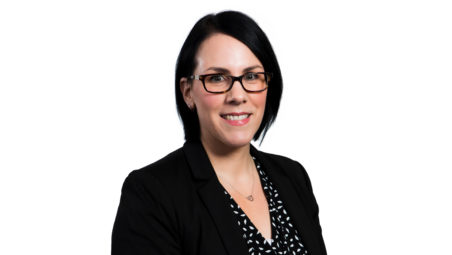
Gender bias in the workplace
8th March marks International Women’s Day. This year’s campaign theme is #BreakTheBias, and its focus is on ‘creating a world free of bias, stereotypes and discrimination, and creating gender equality in workplaces, communities, schools and more’.
From our own experiences as employment lawyers, we know that the demands placed on working women, from the childcare penalty to mental health issues and the search for a better work/life balance, can be overwhelming. Whilst these problems are not exclusively experienced by women, they can have a greater impact on women, particularly when it comes to childcare and other caring responsibilities.
Last year estate agent Alice Thompson hit the headlines when she was awarded over £184,000 in compensation when her employer refused her flexible working request for childcare reasons. More recently, investment banker Stacey Macken successfully sued her former employer BNP Paribas for over £2 million after she was persistently belittled and undermined, and historically underpaid salary and bonuses compared to her male colleagues.
It would be foolish to think these types of cases are exceptional. They are not. What is exceptional is the sheer grit of these women in standing up for their rights, calling out mistreatment, discrimination, and bias. We need to recognise these women and many more who don’t hit the headlines for the leaders they are. We need to commend them for putting themselves through what we know to be a stressful and, for many, financially prohibiting process, with no guarantees of success.
During the pandemic, women were furloughed as a ‘favour’ to help them with childcare responsibilities, which inadvertently set them up for future redundancy selection. Women were disproportionately made unemployed as they hold the majority of insecure, informal, and lower-paying jobs. It’s now established that the pandemic has only widened the disparity in male and female pay that mandatory gender pay gap reporting was introduced to address. The social and economic toll of the pandemic, it is estimated, will be paid by the world’s girls and women for generations to come.
The pandemic has not stalled progress; it has pushed equality back decades. We need to double down in our efforts. Each day, every one of us, men and women alike, needs to take positive action to create an environment where equality is taken seriously and diversity matters. This means calling out bias when we see it and, as managers, empowering others to do so.
We all have our biases. No one is perfect. We need to search deep and challenge our own inbuilt bias, ensure our network and influences are not closed, and actively take steps to improve ourselves. As managers, we can commit to being fair and respectful to all colleagues and ensuring that we base decisions on facts and robust, objective criteria.
We can create working environments where different views and ways of working are valued. Accommodations are made not as ‘favours’ but in recognition that, right or wrong, women take the lead role in childcare. This role is vital for a healthy economy in the future and should be valued as such.
We should be raising awareness and encouraging others to advocate for gender equality, encouraging women to progress, and leading the way in championing flexible working practices. Take the opportunity to mentor other women. If your organisation does not already offer such a scheme, what can you do to start one up?
Each industry has its champions and challenges. In the legal sector, for example, leading lights include Baroness Hale (she of the infamous spider brooch!), the now-retired first female president of the Supreme Court; the current Attorney-General, Suella Braverman; and of personal pride as she hails (like me) from N. Ireland, Siobhan Keegan, who in 2021 became Lady Chief Justice Keegan, the most senior judge in Northern Ireland.
Closer to home, my own firm, Penningtons Manches Cooper, is a proud signatory to the Women in Law Pledge and boasts 47 female partners, all of whom are inspirational in their own way. This figure is higher than the average for similar sized firms. However, the legal profession has a long way to go when it comes to gender parity, for example, whilst the industry is predominantly female up until partnership level, with 61% of solicitors being female vs 37% male, at partnership level that shifts to only 35% female and 62% male. Sadly, the same pattern is reflected across many industries.
How do we eradicate gender bias, and what role do we, as women, have to play in championing gender equality? First and foremost, we need to call out bias in the workplace, whether this is harassment or other discriminatory practices such as penalising women for maternity leave or childcare responsibilities – “see it, hear it, report it”.
This IWD is an excellent time for us to take stock, acknowledge how far we have come, and consider the duty we owe to blaze a trail for the next generation of women leaders. We should celebrate the women in our lives – family, friends, colleagues – and consider what we can do to address the bias around us and the role we must play in shaping our future. In the words of one formidable woman, Beyoncé, “We need to reshape our perception of how we view ourselves. We have to step up as women and take the lead”.
#BreakTheBias
More in EDI

100th business pledges to support inclusivity and reduce inequality across Oxfordshire
The Oxfordshire Inclusive Economy Partnership (OIEP), dedicated to fostering a fairer and more inclusive economy in Oxfordshire, has welcomed its 100th Charter member, Oxford University Development (OUD), the joint venture between the University of Oxford and Legal & General, which has committed to actively promote inclusivity for a positive impact.

Unipart is pleased to sign the Oxfordshire Inclusive Economy Charter.
Unipart is pleased to sign the Oxfordshire Inclusive Economy Charter. Inclusivity has been at the heart of our values since our company began in 1987, and it continues to be a vital part of our strategy, which we’ve described as “Go Digital, Go Green, Go Faster.” Those three strategic drivers illustrate that adopting truly inclusive […]

Defining the journey towards diversity
Achieving a high standard of diversity in the workplace has become increasingly important – especially given the spotlight that has been shone on this aspect of business life by the recent global pandemic and the growing awareness of racial inequality around the world. For larger businesses there are also greater reporting requirements in this area from regulators and government.
From this author

PENNINGTONS MANCHES COOPER ADVISES THE SHAREHOLDERS OF OXLID ON ITS ACQUISITION...
The corporate team at Penningtons Manches Cooper has advised the shareholders of UK-based OXLiD on its acquisition by AIM listed Anglo-Australian battery innovator, Gelion.

PENNINGTONS MANCHES COOPER APPOINTED AS LEGAL ADVISOR TO ADVANCED RESEARCH +...
Penningtons Manches Cooper’s Birmingham and Oxford offices have been appointed as legal advisors to the Advanced Research + Invention Agency (ARIA), a new R&D agency built to unlock scientific and technological breakthroughs to benefit everyone.

PENNINGTONS MANCHES COOPER ADVISES THE SHAREHOLDERS OF MACHINE VISION TECHNOLOGY SPECIALISTS...
The corporate team at Penningtons Manches Cooper has advised the shareholders of machine vision technology specialists Industrial Vision Systems on its acquisition by Oxford Metrics PLC (LSE: OMG).


